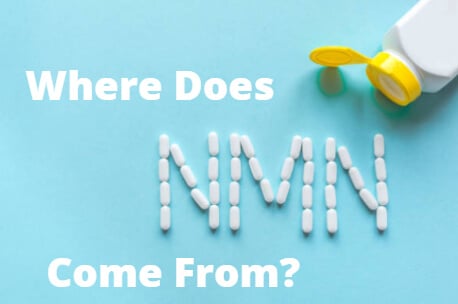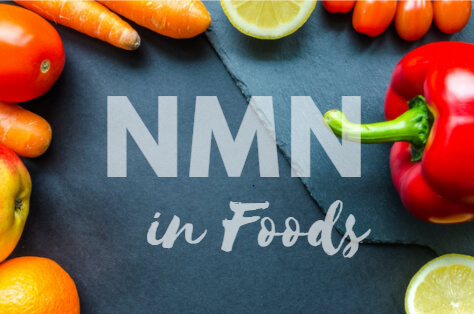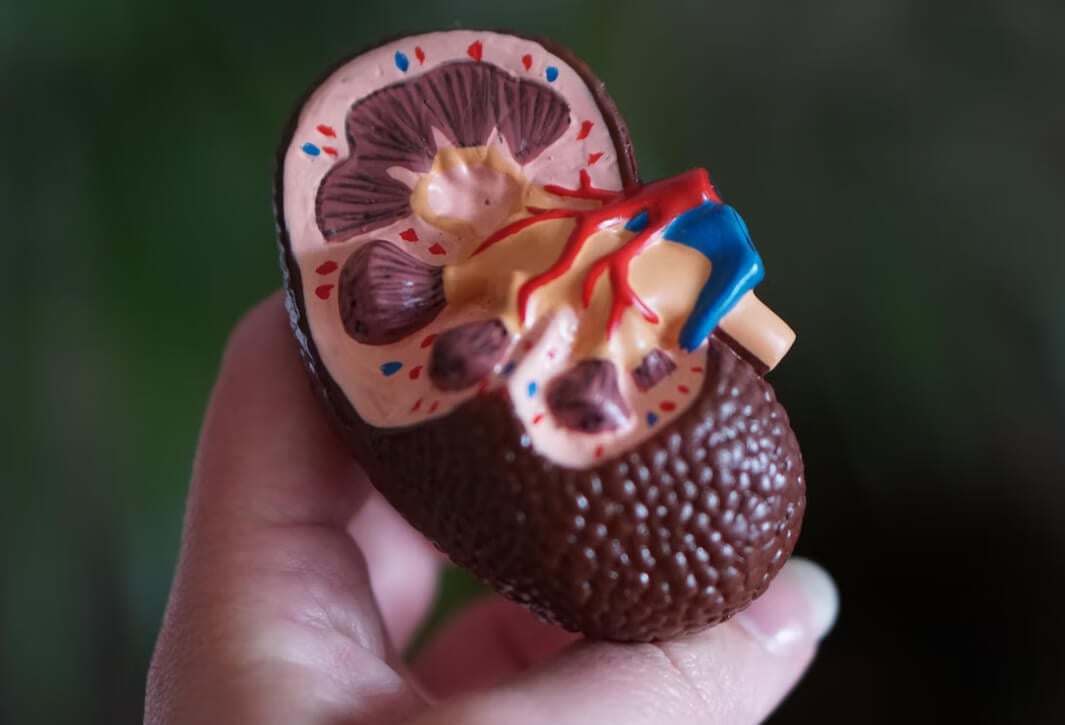Natural NMN (nicotinamide mononucleotide) is present in various foods, including vegetables, fruits, and raw beef. It includes the following:
- Broccoli
- Cabbage
- Edamame
- Cucumber
- Avocado
- Tomato
NMN (nicotinamide mononucleotide) exists in a wide variety of foods but not in all food sources. An investigation revealed that it took 100 kg of broccoli, 69 kg of avocado, and 4.16 kg of beef to produce the 250 milligrams of NMN daily.
WHY TAKE AN NMN Food?
You need to consume excess food to obtain 250 mg of NMN, sufficient to increase NAD+ levels. While increasing the amount of these foods in your diet can assist, taking a premium NMN Food is among the most effective methods to boost those levels of NAD+ within your body.

What about RevGenetics Products? RevGenetics products are only made for overall health and optimization* we don't make any medical claims as sometimes human studies have not been fully completed regarding the information in this article. We provide a high-purity Nicotinamide Mononucleotide for University research labs to do human studies and as a dietary supplement. If you are a researcher that wants to confirm if the studies mentioned below will work on humans, we will be available to help provide the NMN you need.
WHAT ARE THE HEALTH BENEFITS OF NMN?
NMN (nicotinamide mononucleotide) may increase NAD levels throughout the body. When an active lifestyle and a balanced diet are combined, the most noticeable benefits could include:
Higher energy levels
Along with its many functions, NAD+ helps your body transform food into energy that you can use. As we age, our NAD+ levels decline, resulting in lower energy levels. Since NMN (nicotinamide mononucleotide) may act as a precursor to NAD+, an increase in energy levels is one of the main advantages of NMN addition. This may occur in two minutes if you take a sublingual dose of NMN (nicotinamide mononucleotide) supplement that is absorbed directly into the bloodstream. [1]
Better cardiac function
NMN (nicotinamide mononucleotide) has been proven to improve arterial function, increase the quantities of NAD in the heart, and help protect your heart from damage and disability. When taking NMN (nicotinamide mononucleotide), you will likely experience improvements in your heart's function and physical endurance. For example, you may be able to walk or run for more extended periods than before, or you may notice that your heart rate recovers more rapidly after exercise. Naturally, this will also suggest that NMN (nicotinamide mononucleotide) can help reduce the risk of developing heart diseases and dysfunctions. [2]
Regulates blood sugar
NMN (nicotinamide mononucleotide) can also help regulate the blood sugar level and increase insulin resistance. It may also help control Cholesterol levels.
Using NMN (nicotinamide mononucleotide), combined with an active and healthy lifestyle, may help keep your blood sugar levels and lessen the risk of Diabetes. When you supplement with NMN, you notice that you don't experience highs and lows in blood sugar throughout the day, and your energy levels are steady.
Do you realize that Berberine is also very efficient in controlling blood sugar levels? Learn more about it in Berberine as the super antioxidant. [3]
Weight loss
NAD+ activates sirtuins to regulate cell metabolism. Some even coined the SIRTS gene as "the "skinny" because of its ability to speed up metabolism. Supplementation with NMN (nicotinamide mononucleotide) has decreased weight increases due to aging and helped regulate glucose intolerance.
In addition to increasing energy, improving heart function, and stabilizing blood sugar, you will probably lose weight because of increased metabolism. [4]
Enhances brain function
NAD+ is essential to how the brain functions. The brain takes a tremendous amount of energy. Low levels of NAD may affect the brain's ability to perform at its best.
Research shows that NMN (nicotinamide mononucleotide) improves brain function and helps prevent diseases like Alzheimer's by increasing NAD+ in the brain. It has been proven to reduce the accumulation of plaques associated with Alzheimer's disease, protect neurons from degeneration, prevent nerve cells from degenerating, and improve memory.
With the addition of NMN, brain fatigue and fog could become a matter of the past. You can be more alert and better able to remember things more quickly because your brain cells receive sufficient energy to function at their best. [5]
Better sight
NMN (nicotinamide mononucleotide) is also believed to improve eye function by preventing photoreceptor degeneration and enhancing vision. It has also been shown to aid an eye condition associated with aging, called dry eye syndrome, by increasing the production of tears. The researchers also found that NMN (nicotinamide mononucleotide) enhances the function of the retina. Further research is needed in this area of the NMN, but it has shown the potential for improvement. When you add NMN (nicotinamide mononucleotide), it is possible to discover that your eyes feel less dry and scratchy, and you may notice improvements in the functioning of your retina. [6]
Slow in aging
NMN research's essential and groundbreaking outcome has been its a








